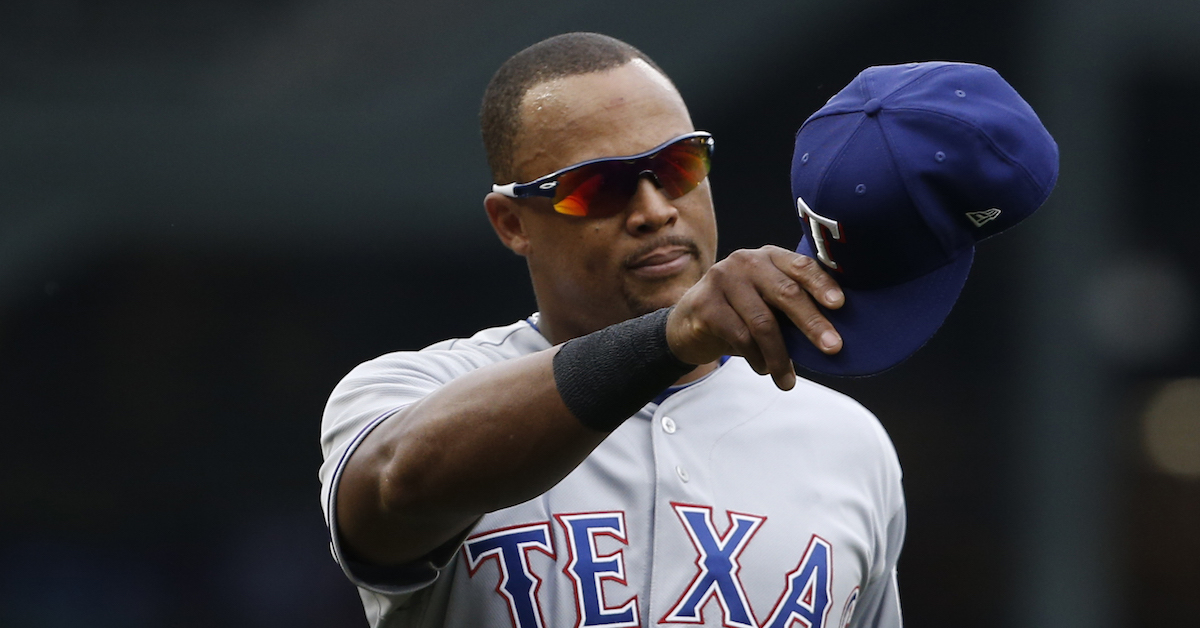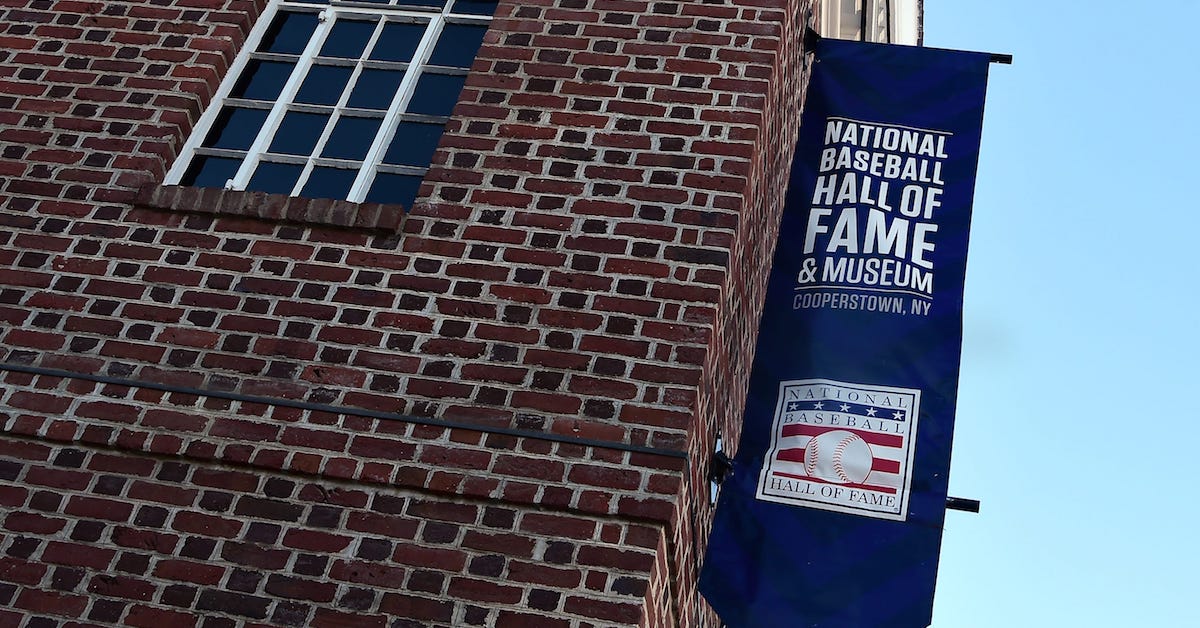Big Comebacks and Easy Calls: The Next Five Years of BBWAA Hall of Fame Elections

The following article is part of Jay Jaffe’s ongoing look at the candidates on the BBWAA 2023 Hall of Fame ballot. For a detailed introduction to this year’s ballot, and other candidates in the series, use the tool above; an introduction to JAWS can be found here. All WAR figures refer to the Baseball-Reference version unless otherwise indicated.
For the second year in a row, BBWAA voters elected just one player to the Hall of Fame. While the results may feel underwhelming — at least, beyond the fact that Scott Rolen is a very solid addition to Cooperstown — the advances made by a handful of candidates who didn’t get to 75% this year bolster the likelihood that they will someday, whether it’s via the writers’ ballot or a small committee to be named later. Looking ahead, there’s nothing to suggest that we’re about to see another wave that brings to mind the record-setting 22 candidates the writers elected over the 2014-20 span, but the next few ballots will be more crowded than the last couple, and should make for some lively election cycles.
Underlying this is a change in the dynamics of Hall of Fame candidacies, one that I’ve been noting in this space in recent years. From 1966 to 2005, only three candidates recovered from debuts below 25% and eventually reached 75%, even with 15 years of eligibility: Duke Snider (17.0% in 1970, elected in ’81), Don Drysdale (21.0% in 1975, elected in ’84) and Billy Williams (23.4% in 1982, elected in ’87). Since then, we’ve seen six players elected despite such slow starts, including three from 2017-23. From the 15-year eligibility period came Bruce Sutter (23.9% in 1994, elected in 2006) and Bert Blyleven (17.5% in 1998, elected in 2011), and then once the Hall unilaterally decided to cut eligibility from 15 years to 10 — less to clean up the ballots than to try moving the intractable debate over PED-related candidates out of the spotlight, and give voters less time to soften their attitudes — Tim Raines (24.3% in 2008, elected in ’17), Mike Mussina (20.3% in 2014, elected in ’19), Larry Walker (20.3% in ’11, elected in ’20), and now Rolen, whose 10.2% in 2018 represents the lowest debut share of any modern candidate elected by the writers. Read the rest of this entry »








